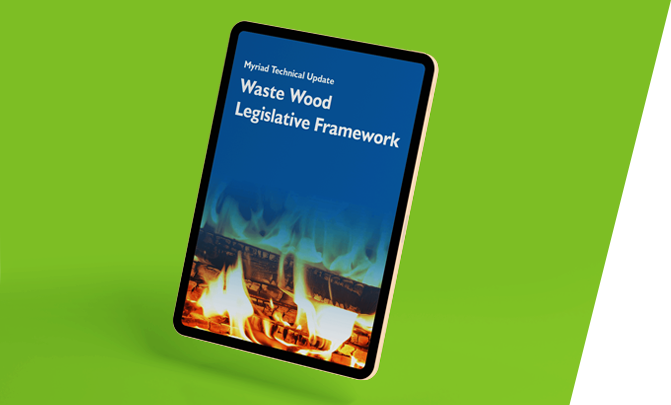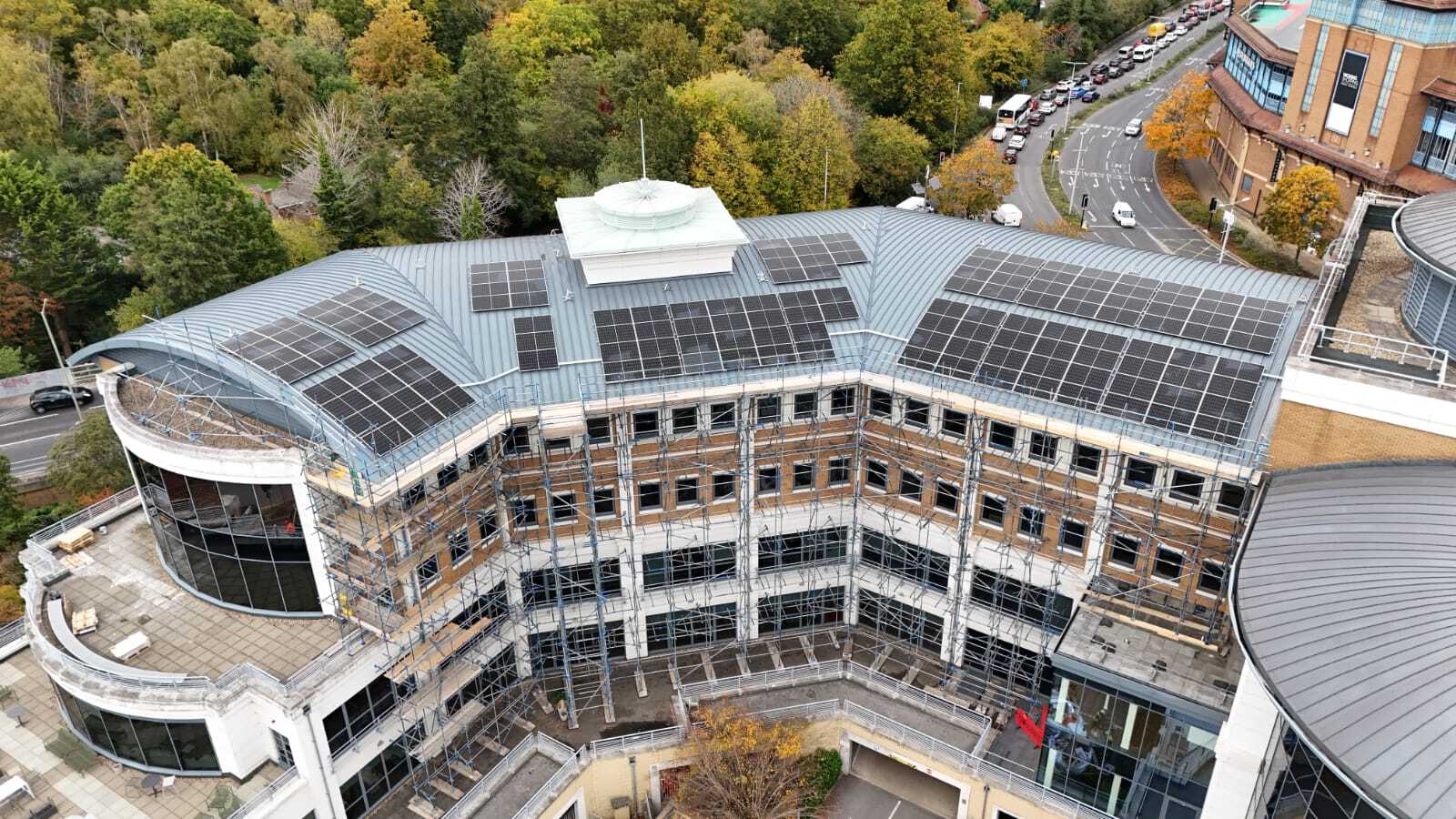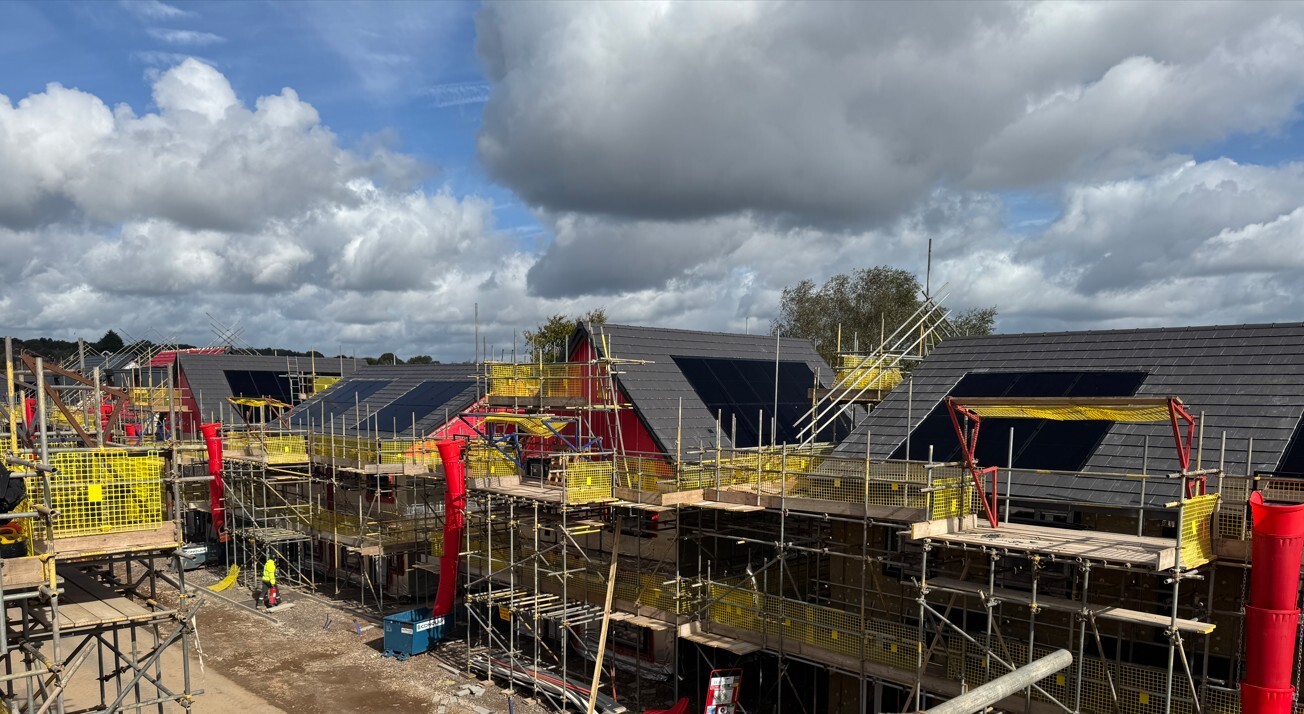How is the Minimum Energy Efficiency Standards (MEES) changing?
How is the Minimum Energy Efficiency Standards (MEES) changing?
How the Minimum Energy Efficiency Standards (MEES) Are Changing – What You Need to Know
The UK’s Minimum Energy Efficiency Standards (MEES) are undergoing significant changes that will impact both commercial landlords and tenants. If you own or lease non-domestic property, now is the time to understand what’s coming — and what it means for your business.
🔍 What Are MEES?
MEES regulations were introduced in 2018 under the Energy Efficiency (Private Rented Property) (England and Wales) Regulations 2015. They apply to rented commercial (non-domestic) and domestic properties and are designed to drive improvements in energy performance, helping the UK meet its carbon reduction targets.
Currently, landlords cannot legally let a non-domestic property unless it has an Energy Performance Certificate (EPC) rating of E or better, unless an exemption applies.
⚠️ What's Changing?
📅 From April 1, 2023 (Already in Effect):
-
All existing leases of non-domestic rented properties must comply with MEES — not just new lettings or renewals.
-
Properties with an EPC below E (i.e., F or G) cannot continue to be rented unless registered with an exemption.
📅 From April 1, 2027 (Planned):
-
The minimum EPC rating is expected to rise to C.
-
This means any non-domestic property with a rating below C would be unlettable unless improved or exempt.
📅 From April 1, 2030 (Planned):
-
The minimum standard is set to increase again — this time to EPC B.
-
Only properties rated B or better would be legally lettable.
⏳ Note: These 2027 and 2030 targets are still under government consultation, but they reflect the clear direction of policy: stricter standards over time.
🏢 Who Is Affected?
-
Commercial landlords must upgrade buildings that fall short of upcoming EPC requirements.
-
Tenants may face disruption, rent adjustments, or lease renegotiations.
-
Investors and property managers should reassess portfolios to identify high-risk assets.
💡 What Should You Do Now?
-
Review EPC ratings across your portfolio or premises.
-
Plan for improvements — lighting, HVAC upgrades, insulation, solar PV, low carbon heating or improved controls can all boost ratings.
-
Consider exemptions — limited cases allow for MEES exemptions, but they must be formally registered and renewed every 5 years.
-
Budget for upgrades — delaying action may lead to higher retrofit costs later and potential rental voids.
Final Thoughts
MEES is not just a regulatory hurdle — it’s a key driver of value, resilience, and marketability in property. With the next thresholds looming, proactive energy efficiency upgrades are now a strategic imperative.
If you're unsure where your property stands, ask us to commission an up-to-date EPC and MEES compliance review for you.
If you would like to discuss this or any other project then give us a call 0203 189 0665





News








